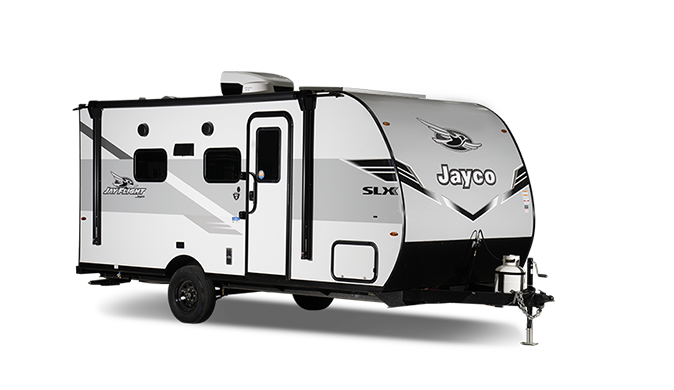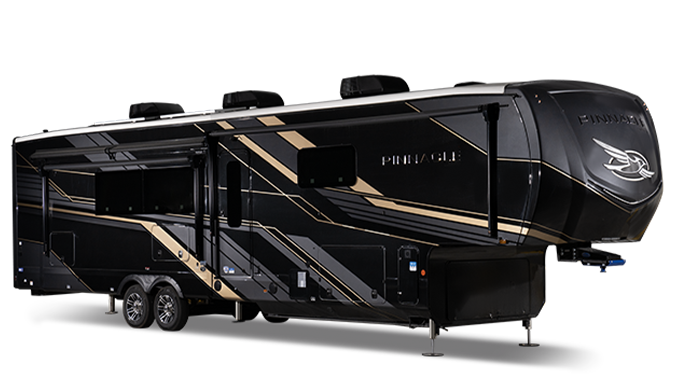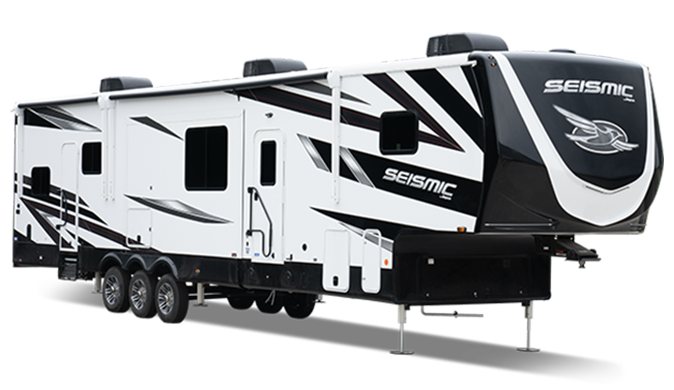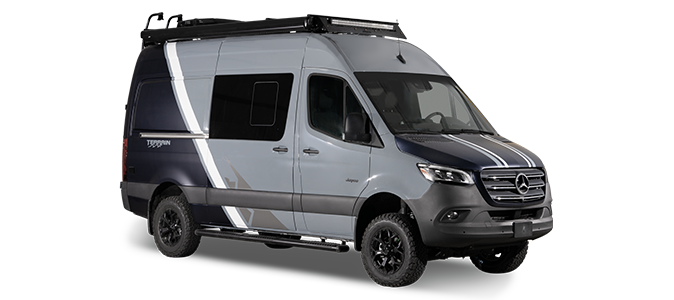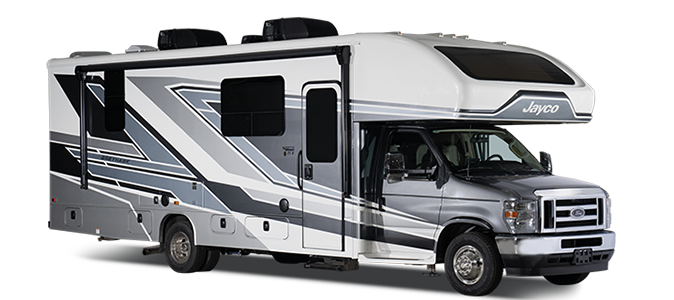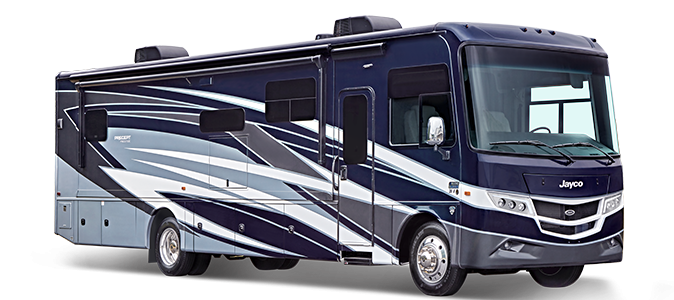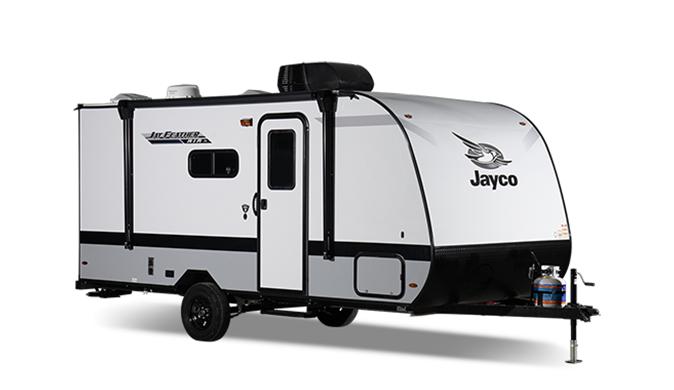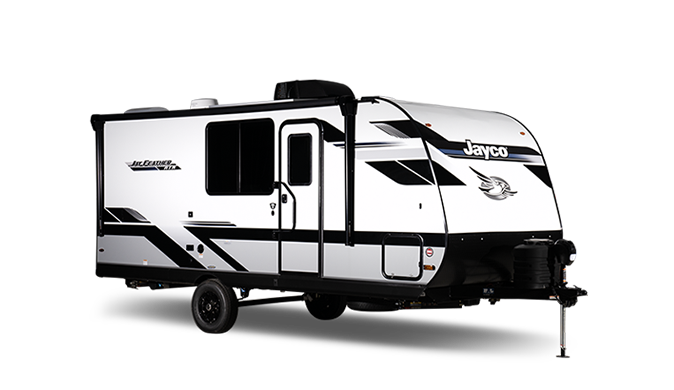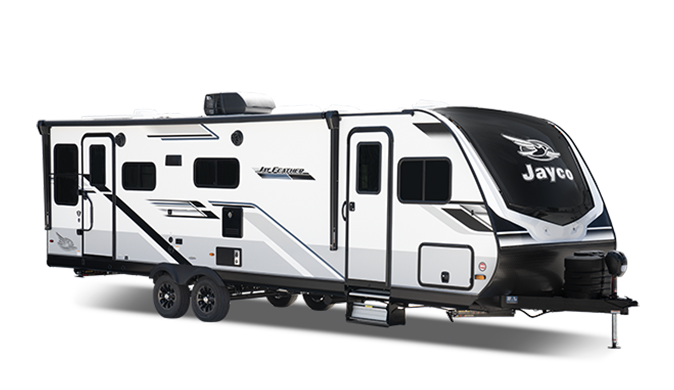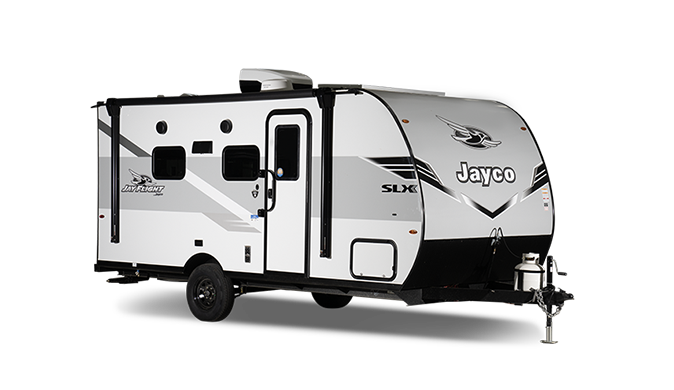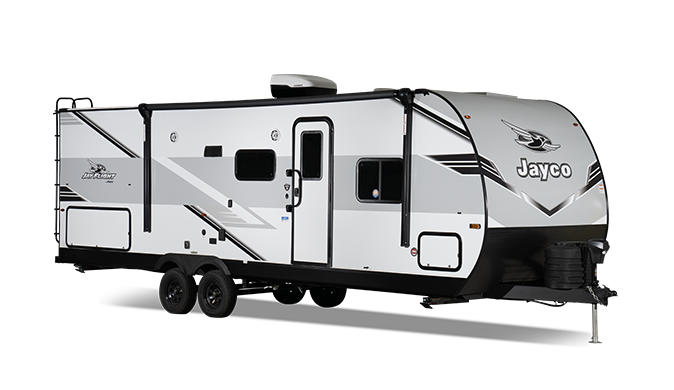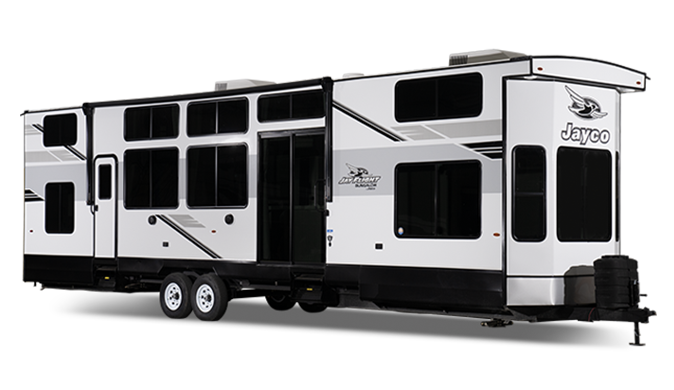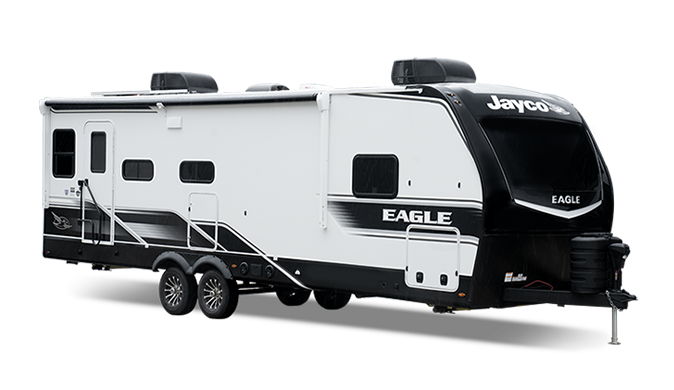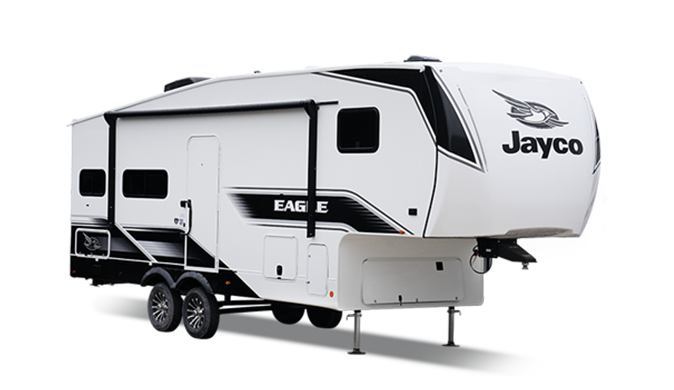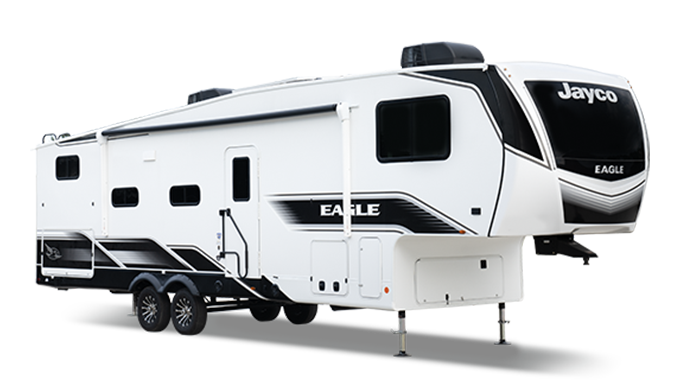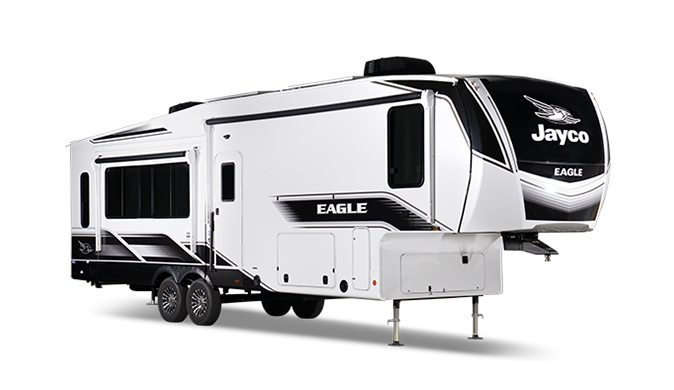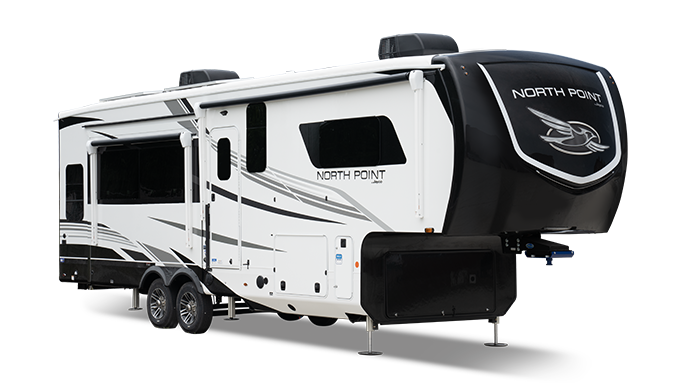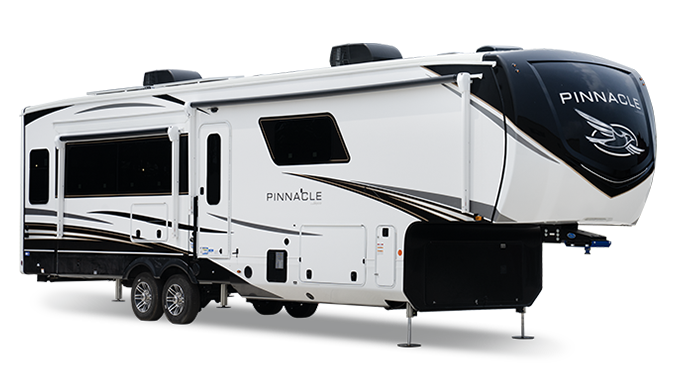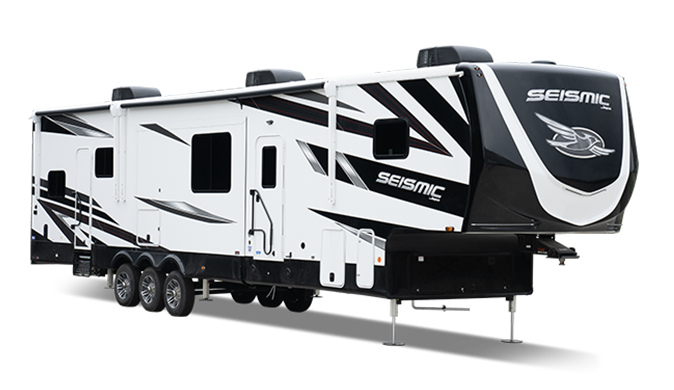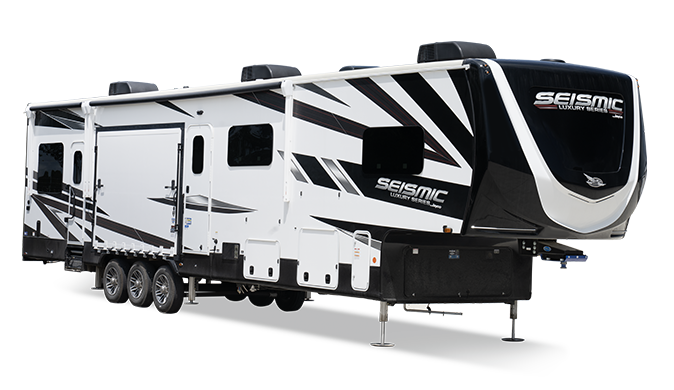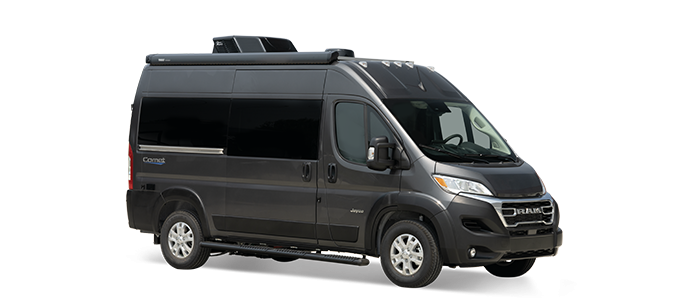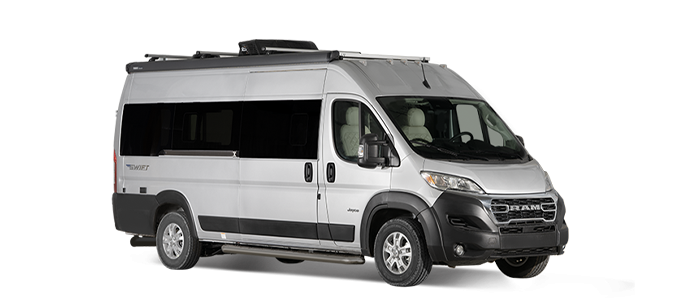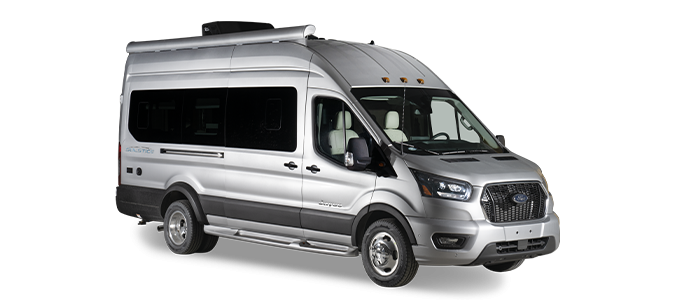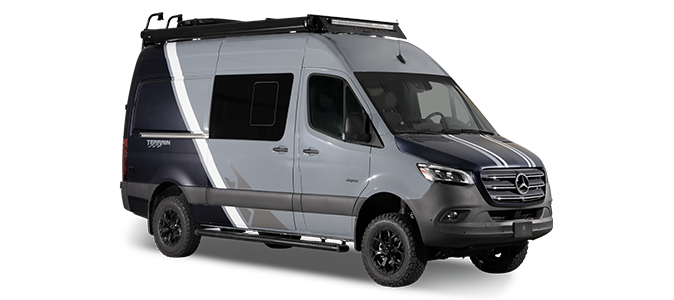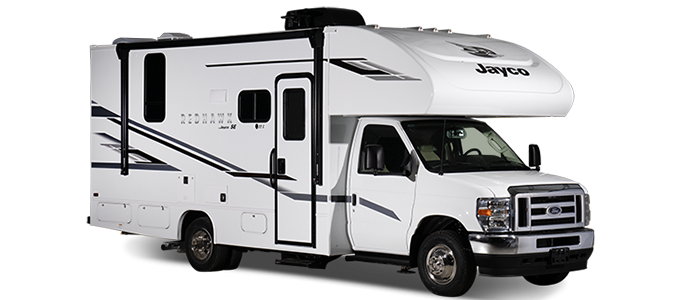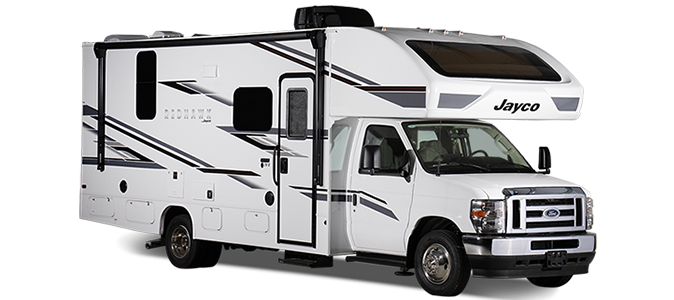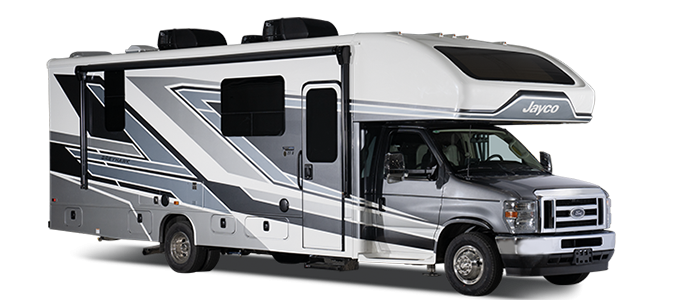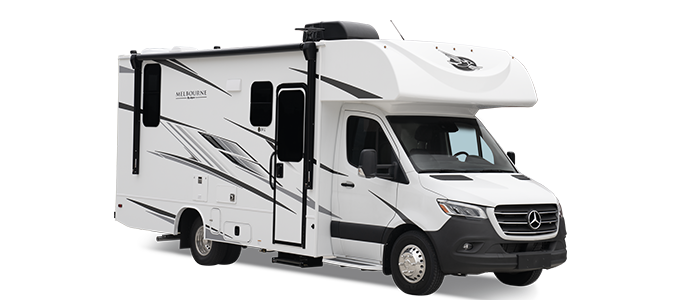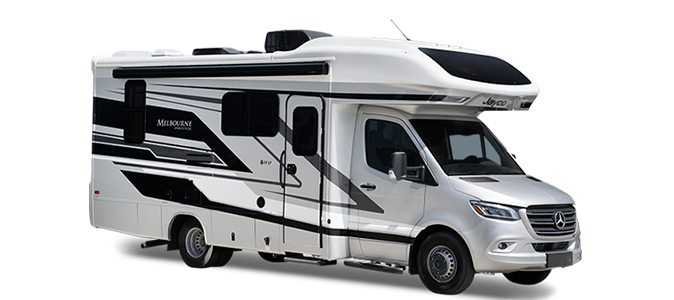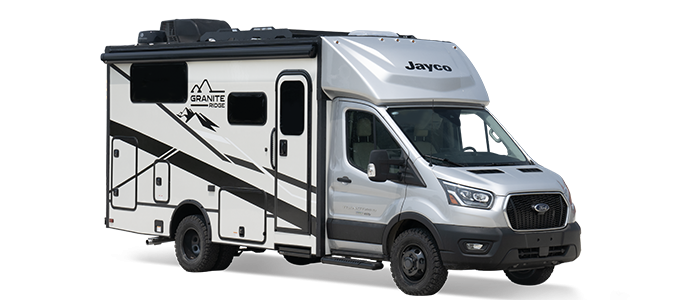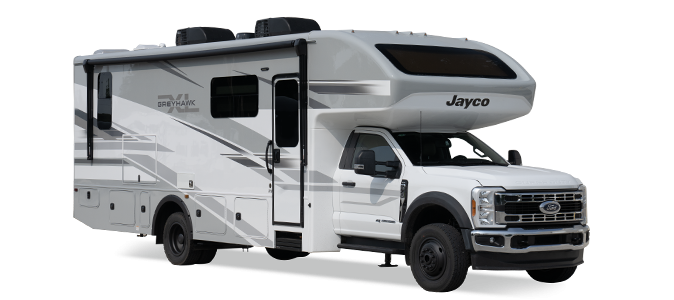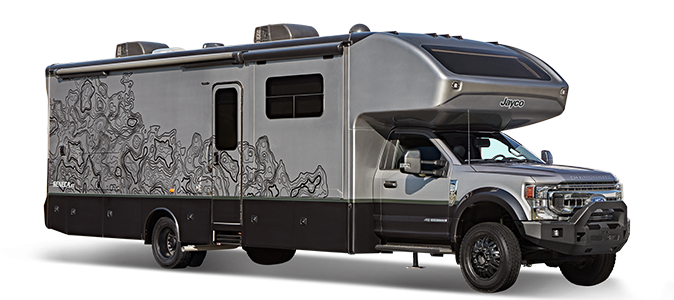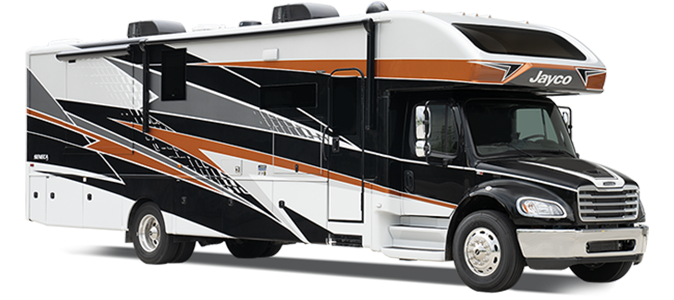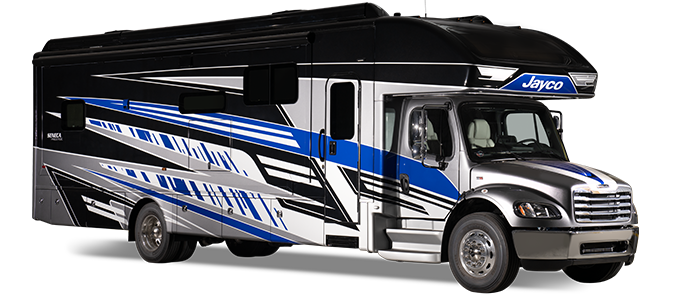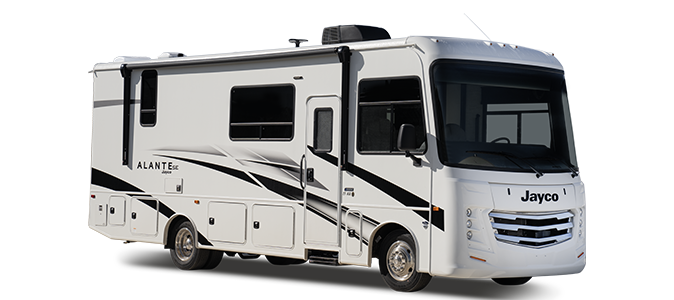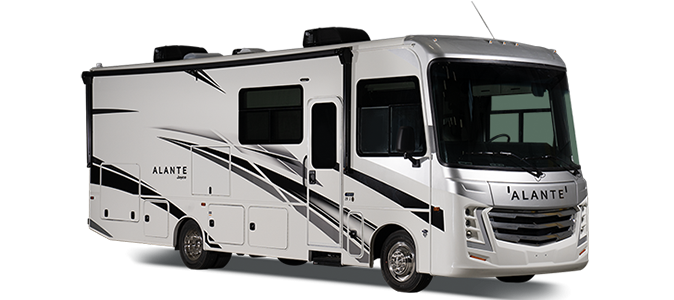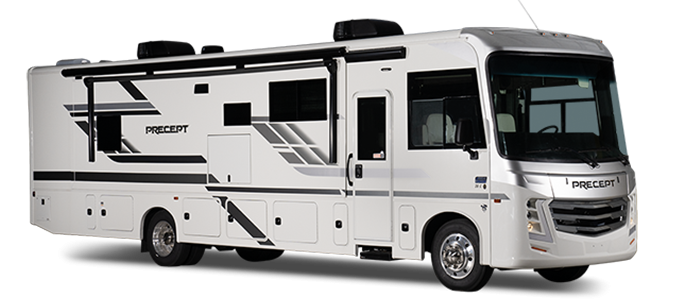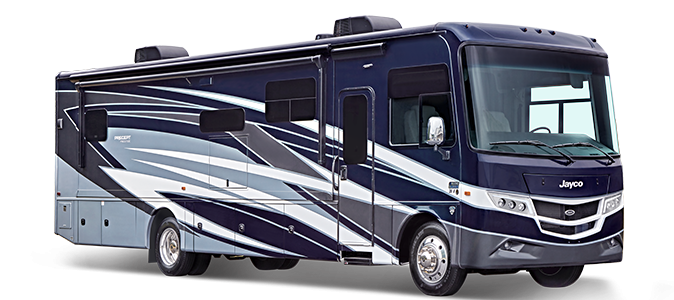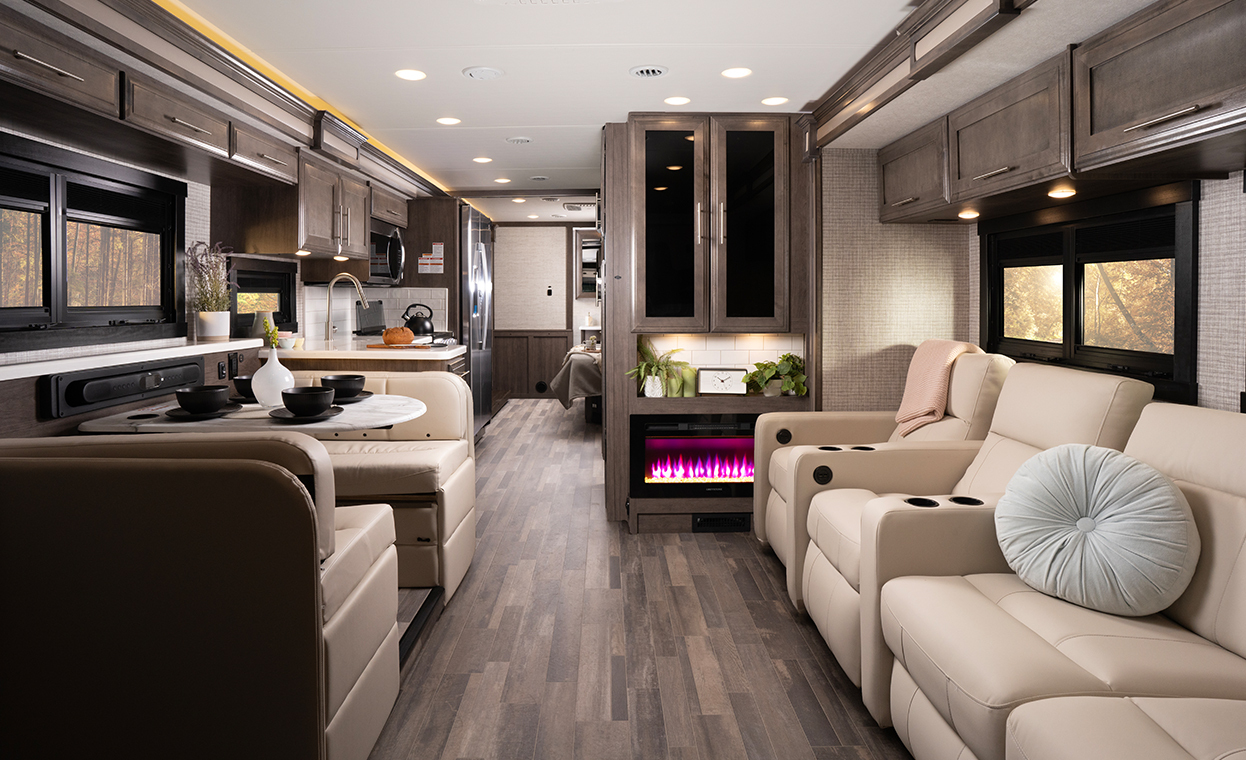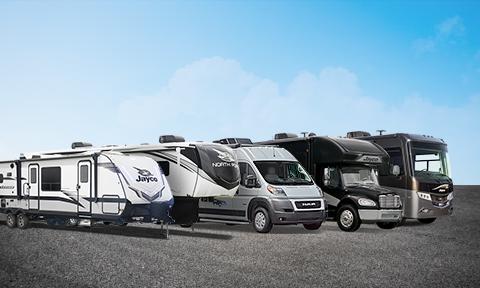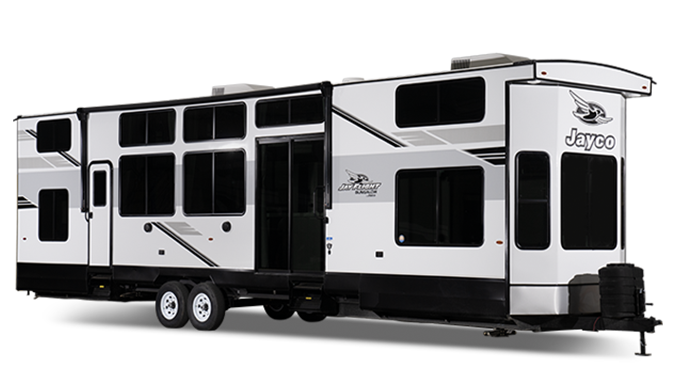What Is a Destination Trailer vs Travel Trailer?
When it comes to RVs, the choices can seem endless, especially when comparing destination trailers and travel trailers. Both offer unique benefits, but their key differences cater to different types of RVers. Whether you’re planning a long-term getaway or frequent adventures, understanding what sets these RV types apart will help you find the perfect fit for your needs.
What Is a Destination Trailer?
Destination trailers are designed to provide a “home away from home”. They’re ideal for extended stays in a single location, offering comfort and space similar to that of a traditional home. These trailers are perfect for seasonal campers who want residential-style amenities and plenty of room to relax together. A destination trailer is meant to travel to the RV park, and remain for however many years you intend on owning the space. These are optimized for full-time living and getting to the destination.
Features of a Destination Trailer
Destination trailers often feature sliding glass doors, taller ceiling heights and multiple slide-outs, creating spacious and inviting interiors. Bay windows provide excellent views, while residential refrigerators and full-sized kitchens offer the comforts of home. With large holding tanks and water tanks, these trailers allow for long-term use without frequent maintenance stops.
What Is a Travel Trailer?
Travel trailers are versatile RVs that prioritize mobility and convenience. They’re lighter and easier to tow, making them perfect for weekend getaways or cross-country road trips. Their compact design ensures functionality without sacrificing comfort. These RVs are built to tow and travel, taking you to various RV parks.
Features of a Travel Trailer
Travel trailers maximize efficiency with smart layouts that include kitchens, bathrooms and living spaces in a compact footprint. They’re equipped with smaller holding tanks and water tanks, catering to campers who prefer shorter stays. With their lighter weight, these trailers are towable by SUVs or trucks, making them accessible for a wide range of RVers.
Destination Trailer vs Travel Trailer: Key Differences
Towing and Mobility
Destination trailers require a heavy-duty towing vehicle like ton trucks due to their size and weight. Once you park them, they’re often stationary for long periods. Travel trailers, on the other hand, are lighter and easier to tow, making them ideal for frequent moves.
Interior Space and Amenities
Destination trailers focus on offering residential comforts, including sliding glass doors, bay windows and full-sized appliances. Travel trailers prioritize compact design, providing essential amenities for travelers on the go.
Usage and Purpose
Destination trailers are best for long-term stays or those who want a stationary retreat. Travel trailers are a great option for adventurers who prefer mobility and exploring different locations.
When a Destination Trailer Makes Sense
If you’re seeking a long-term escape with residential features like bay windows and taller ceilings, a destination trailer is your best bet. They’re perfect for creating a seasonal retreat or a stationary home base while offering all the comforts of home.
When a Travel Trailer Fits Your Lifestyle
Travel trailers are ideal for families or individuals who enjoy frequent travel. They’re lightweight, easy to tow and perfect for exploring multiple destinations at once. Whether you’re a long-time RVer or new to the RV lifestyle, a travel trailer is a versatile choice.
Cost and Maintenance Considerations
Destination trailers tend to have higher upfront costs and require heavy-duty vehicles for towing. However, they offer unmatched comfort for long-term stays. Travel trailers are more affordable, with lower maintenance costs and more manageable towing requirements. Understanding the capacity of holding tanks and water tanks is crucial for both types to ensure seamless trips.
Choosing Between a Destination Trailer and Travel Trailer
Selecting the right RV depends on your travel habits and lifestyle. Destination trailers are perfect for extended stays, while travel trailers offer unmatched flexibility and mobility. Both types have their strengths and it may come down to how you plan to use your RV. Regardless of which path you choose to take, it is important to look into the manufacturer’s warranty on the product to ensure it is intended for full-time use or not.

